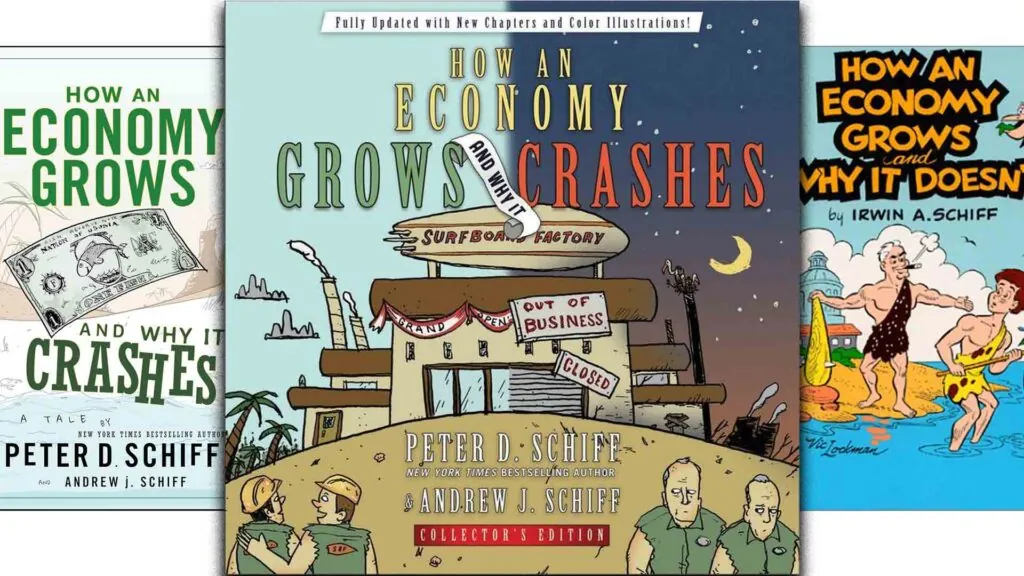Remember this: whoever sows sparingly will also reap sparingly, and whoever sows generously will also reap generously. Each man should give what he has decided in his heart to give, not reluctantly or under compulsion, for God loves a cheerful giver. – 2 Corinthians 9:6-7
*****
The subject of “giving” is one that must be approached with a certain amount of caution, and respect.
Our giving is, in one sense, a private matter. Jesus spoke of “not doing your charitable deeds before men,” and “not letting your left hand know what your right hand is doing” (Matt. 6:3). We should avoid seeking public accolades for our giving, and in that sense giving is a private matter between us and our Lord. For others, avoiding the topic of giving might simply be a way of hiding their greed and selfishness, and their lack of generosity.
In another sense, giving is very public matter. How so? Well, whether we are giving for the right reasons or wrong, or not giving at all, giving is always spiritual matter. In the 2 Corinthians 9 passage quoted above the Apostle Paul (speaking by the Spirit of Christ) makes it clear that this is a topic that is not “off limits” – it is once that Christians can and should discuss.
In this article, then, we want to reflect upon the command in verse 7 to be “cheerful givers.” We will look at what that means, what should motivate us, and some practical application.
What it means to be a “cheerful giver”
Interestingly, the Greek word translated cheerful is the same word from which we derive our English word, hilarious. When we think of hilarity we think of laughter, joy. The sense of Paul here, then, is that we are to give joyfully, with gladness, happily. Stinginess, covetousness, greed, selfishness are to be far away from us as God’s people.
This principle of cheerful giving is already set out in Deuteronomy 15:7-8 where Israel is told that if there was a poor man among them, they were not to “harden their hearts or shut their hand” from him. Instead they were to “open their hands wide to him and willingly lend to him sufficient for his need, whatever his needs” (NKJV). God’s people, then, are to be generous, gladly giving, blessing as we have been blessed, giving our first and best to God.
The opposite of this would be a giving solely because we have to; to merely keep the elders off our backs. Paul condemns (v.7) giving “reluctantly or under compulsion.” We are not to give out of grudging obligation. The sense of Paul here is that of giving because we have to but we don’t really want to. It betrays an attitude of “What I have is mine, and the more I give means less for me.” One scholar says that, “we give because it’s wrung from our hands.” It’s an uncaring attitude for others because we care more about ourselves.
Far from this kind of a sinful, despicable attitude is the Biblical attitude: giving cheerfully. It’s not to be merely a matter of obligation or legislation. We’re to give from a heart that is eager to serve the Lord; that sees how privileged we are to be used in God’s work of establishing His kingdom; that believes that our cheerful giving pleases the Lord.
What should motivate us to give cheerfully?
Here are four motivations for us to give with joy.
1. IT’S ALL HIS
Why should we be eager to give? Simply put, we should want to give because we understand that it is the Lord who gives first. All that we have belongs to Him! “The earth is the Lord’s, and everything in it” (Ps. 24:1). He says, “The cattle on a thousand hills is Mine” (Ps. 50:10).
2. IT’S OURS TO USE HERE
We are but stewards. God allows us to use His possessions while we are on earth. And one day we will leave all that we’ve pursued and accumulated in this life. And how we use our monetary blessings is quite often an indicator of our comprehension of these simple truths. And, sadly, the state of our hearts.
3. HE ASKS IT OF US
Also worthy of consideration is the command of God to “Bring an offering and come into His courts” (Psalm 96:8). That is, we’re to come before God (to Church in our context) with a gift in hand. Deuteronomy 16:16 says it even stronger: God’s people “shall not appear before Me empty-handed.”
And so, undoubtedly what we call “The Offering” is a very significant part of worship. Based on such verses we could go so far as to say that if we have not given to the offering we have not worshipped well. And if we are not contributing to “The Budget” there is a failure to recognize that every one of God’s children is involved in kingdom work.
4. CONSIDER WHAT HE HAS GIVEN US!
But of course the greatest motivation to us giving cheerfully is that the Lord Himself has given the best and greatest offering. He “gave His only begotten Son” (John 3:16). He “did not spare His own Son, but delivered Him up for us all” (Romans 8:32). Hebrews 9:28 speaks of Christ as being “offered once to bear the sins of many.”
We might say, then, that God our Father has set the greatest example of giving in all of history for us. He freely offered up His most treasured possession, the One whom was dearest to His heart: His own Son – the Spotless Lamb.
Some practical application
Practically speaking, cheerful giving it’s a matter of preparation. It ought not to be that we think of the offering only when it’s announced. A child of God ought not to be digging around in his/her wallet or purse seeing what they have handy or can spare. We ought to come prepared, and decided about what we are going to give to this cause.
In our congregation the deacons give us lists of the offering causes in the upcoming months. They include blurbs about the causes for that Sunday. And they remind us what the causes will be for next week. And so no one has any excuse to show up unprepared. These causes should have been discussed as a family, and prayed about beforehand around our tables.
In 2 Corinthians 9:3ff Paul reminds the Church in Corinth that he was planning to visit them to collect the generous gift that they had promised. But he had sent some brethren ahead to ensure that the gift was ready. There was always the chance that some would simply forget; some would put their money to other uses; maybe some were just procrastinators. And so they needed a little nudging – so they could begin to give, maybe a little at a time, but always moving toward their goal.
Maybe the brethren would remind the Christians of the principle taught by Paul in 1 Cor. 16:1-2:
Now concerning the collection for the saints, as I have given orders to the churches of Galatia, so you must do also: On the first day of the week let each one of you lay something aside, storing up as he may prosper, that there be no collections when I come.
He says to “lay something aside” on the first day of the week. Out of their earnings there was to be a portion that was given to the work of the Lord’s Church. Based on the principle taught here we could apply this to ourselves this way: each Sunday we are to ensure that we bring an offering to the Lord – an amount we have thought about, and prayed about, and given with thankfulness.
Worthy of our attention is what Paul says in v.2 of that passage: “let each of you lay something aside.” He’s addressing every member of the Church – young and old, rich and poor. It doesn’t matter that we belong to a large congregation; and that others do very well and can afford to carry the expenses of the Church. God says, “each of you.” No one is excused. No excuse is valid. Every member is to give.
Notice as well the words, “storing up as he may prosper.” Another way of saying that is, give according to how much God has blessed you. Some earn more than others. Some are only able to give a fraction of what others give. It doesn’t matter to God that we match the other people. What does matter is that we give cheerfully!
And the more we prosper the more we’re to give. It’s not just a matter of “giving 10 per cent.” Maybe we’re actually able to afford 20, or 25 per cent. In his book Spiritual Disciplines for the Christian Life, Donald S. Whitney speaks of a lady who realized that she could live on 10 per cent of her income. So she gave 90 per cent to the Church. Not everyone can do that. And the Bible is not saying you have to. But we are to give in proportion to what we earn. Again, from the heart.
Conclusion
If we struggle to give cheerfully, the question we might want to ask ourselves is this: do I trust God to provide for my needs? Listen again to 2 Cor. 9:6: “he who sows bountifully will also reap bountifully.” And so let us not be afraid to give generously. If we give to God with a thankful and generous heart He will provide for us.
This is not to promote the “prosperity gospel.” We don’t give to God, as the heretics teach, so that He will in turn make us rich. We give because we trust that He has always, and will always, provide for us His children.
David wrote: “I have never seen the righteous forsaken, nor their children begging bread” (Ps. 37:25). Think of the widow that Jesus observed – who put all she had into the temple treasury. That’s trust. And if that is our attitude – generous, thankful, and cheerful giving we will be blessed – with a greater joy than we could ever have keeping it all to ourselves. We will be growing and rejoicing in the fact that we are storing up greater treasures – in heaven. Indeed, we will be learning the truth of what Jesus said: that it is more blessed to give than to receive.
Rev. Mitch Ramkissoon is the pastor of Parkland United Reformed Church of Ponoka, AB, a congregation in the United Reformed Churches in North America. In 2016 Rev. Ramkissoon preached a three-sermon series on cheerful giving, which can be found here: Sermon 1, Sermon 2, & Sermon 3.











